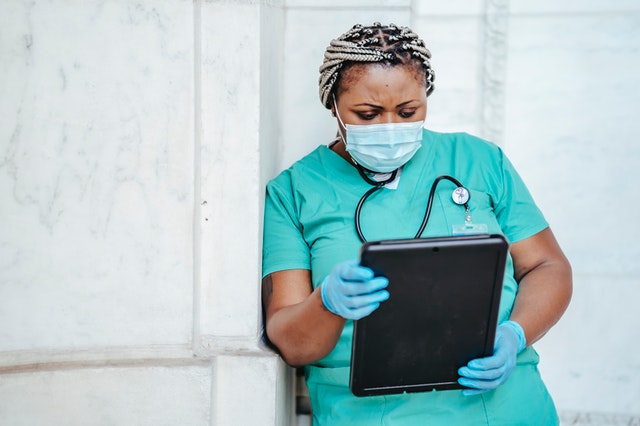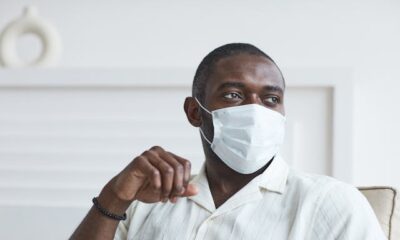Features
Dr. Folasade Alli: What To Do When You Have Low Blood Sugar

Low blood sugar happens when your blood sugar levels have fallen low enough that you need to take action to bring them back to your target range. This happens when your blood sugar is less than 70 mg/dL. When this happens, you’ll need to speak with your endocrinologist (diabetes doctor) about your sugar level and what you need to do immediately. When your blood sugar level goes below a healthy range and it is not treated, it becomes dangerous.
It’s important to know the signs that show the symptoms of low blood pressure. Some of which are:
- Shakiness
- Being nervous or anxious
- Sweating, chills, and clamminess
- Irritability or impatience
- Confusion
- Fast heartbeat
- Feeling lightheaded or dizzy
- Hunger
- Nausea
- Colour drains from the skin (pallor)
- Feeling sleepy
- Feeling weak or having no energy
- Blurred/impaired vision
- Tingling or numbness in the lips, tongue, or cheeks
- Headaches
- Coordination problems, clumsiness
- Nightmares or crying out during sleep
- Seizures
But what happens when you are not sure of whether or not you are experiencing low blood sugar? The only way to be sure is to check your blood sugar level. Alternatively, if you are experiencing any of the symptoms above and you don’t have access to checking your blood pressure, then it’s wise to treat hypoglycemia.
When blood sugar levels are low, the goal is to get them back up quickly. To do that, you should take in sugar or sugary foods which raise the blood sugar level quickly. Your endocrinologist can suggest that you:
- Eat, drink, or take something that contains sugar that can get into the blood quickly. Your doctor may tell you to have really sugary foods or drinks (like regular soda, orange juice, or cake frosting) or might give you glucose tablets or gel to take. All of these can help to raise your blood sugar level fast, which is what you need to do when it’s low.
- Wait about 10 minutes to let the sugar work.
- Recheck your blood sugar level with a glucose meter to see if your blood sugar levels are back to normal.
- Get a glucagon shot if your symptoms are severe or get worse after you eat, drink, or take glucose.
Sometimes, blood sugar levels can get so low that you may not be awake enough to eat or drink something to get them back up. When this happens, you may need a glucagon shot.
By knowing what causes low blood sugar levels and being prepared, you can lessen the chance that you’ll have them. But no matter how well they take care of themselves, people with diabetes will sometimes have low blood sugar levels.
Here are some other tips to help you avoid low blood sugar levels:
- Eat all your meals and snacks on time and try not to skip any.
- Take the right amount of insulin.
- If you exercise longer or harder than usual, have an extra snack.
- Don’t take a hot bath or shower right after an insulin shot.
- Stick to your diabetes management plan.
- Check your blood sugar levels regularly, so you can tell if your blood sugars are running too low and your treatment plan needs adjustment.
- Carry something containing sugar with you at all times and take it right away if you have symptoms.
Always consult an endocrinologist if you are having any symptoms.
***
Photo by Laura James from Pexels



















